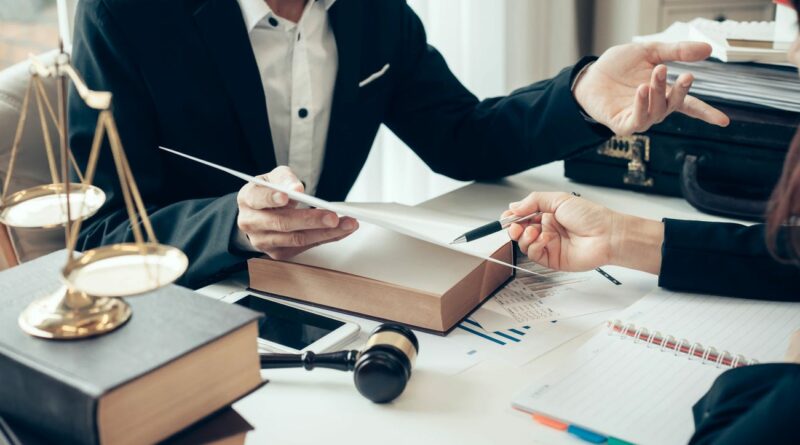How Criminal Lawyers in Dubai Assist in Extradition Cases
Understanding Extradition in Dubai
Extradition is a legal process where an individual accused or convicted of a crime is transferred from one jurisdiction to another. In Dubai, extradition cases are governed by UAE federal laws, international treaties, and diplomatic agreements. Criminal lawyers in Dubai play a pivotal role in ensuring fair legal proceedings and protecting the rights of individuals facing extradition.
Legal Framework for Extradition in Dubai
Dubai follows strict extradition laws based on the UAE Penal Code, bilateral treaties, and international conventions. The UAE is a signatory to various extradition agreements, including the Riyadh Arab Convention on Judicial Cooperation and the UN Convention Against Transnational Organized Crime.
Role of Criminal Lawyers in Extradition Cases
Legal Consultation and Case Evaluation
Criminal lawyers in Dubai assess the case details, including the requesting country’s legal framework, the nature of allegations, and treaty obligations. They advise clients on possible defense strategies and legal options.
Challenging Extradition Requests
Lawyers scrutinize the legality of the extradition request, ensuring compliance with UAE laws and human rights principles. They argue against extradition if there are insufficient legal grounds, risk of unfair trials, or human rights violations in the requesting country.
Representation Before UAE Courts
Criminal defense lawyers represent clients in extradition hearings, presenting evidence to counter the prosecution’s claims. They highlight procedural flaws, lack of evidence, or political motivations behind the request.
Negotiating Diplomatic Solutions
In some cases, criminal lawyers work with government authorities to negotiate alternatives to extradition, such as deportation or local prosecution under UAE jurisdiction.
Human Rights and Fair Trial Protection
Extradition cases often raise concerns about human rights abuses, torture, or unfair judicial practices in the requesting country. Lawyers advocate for legal protections and ensure compliance with international human rights standards.
Common Grounds for Opposing Extradition in Dubai
- Lack of Dual Criminality: If the alleged crime is not recognized under UAE law, extradition may be denied.
- Risk of Human Rights Violations: If extradition could lead to torture or unfair trial conditions, lawyers can argue against it.
- Political or Religious Persecution: If the request is politically or religiously motivated, extradition may be blocked.
- Insufficient Evidence: If the requesting country fails to provide solid evidence, the request can be challenged.
How to Choose the Right Criminal Lawyer for Extradition Cases
Expertise in Extradition Laws
Choose a lawyer with in-depth knowledge of UAE and international extradition laws.
Experience in High-Profile Cases
A proven track record in handling complex extradition cases enhances the likelihood of a favorable outcome.
Strong Negotiation Skills
Criminal lawyers in Dubai with diplomatic and negotiation expertise can explore alternatives to extradition.
Multilingual Proficiency
Since extradition involves cross-border legal matters, hiring a lawyer fluent in multiple languages ensures effective communication with foreign authorities and legal bodies.
Final Thoughts
Criminal lawyers in Dubai play a crucial role in defending individuals facing extradition by challenging legal requests, ensuring fair trials, and protecting human rights. With expert legal representation, individuals can navigate complex extradition proceedings with confidence.




